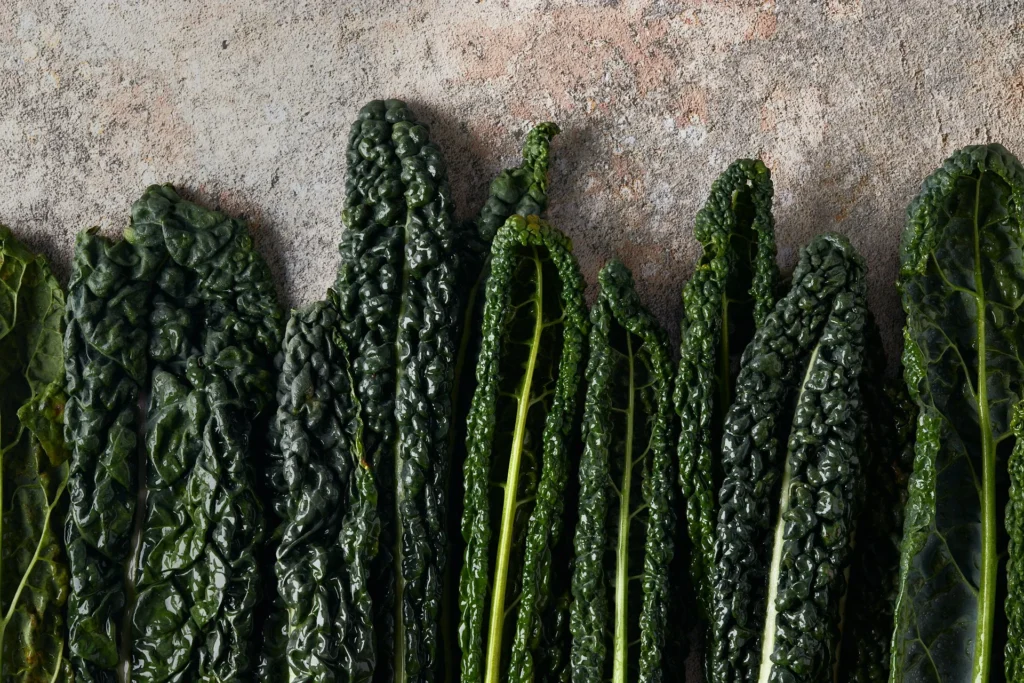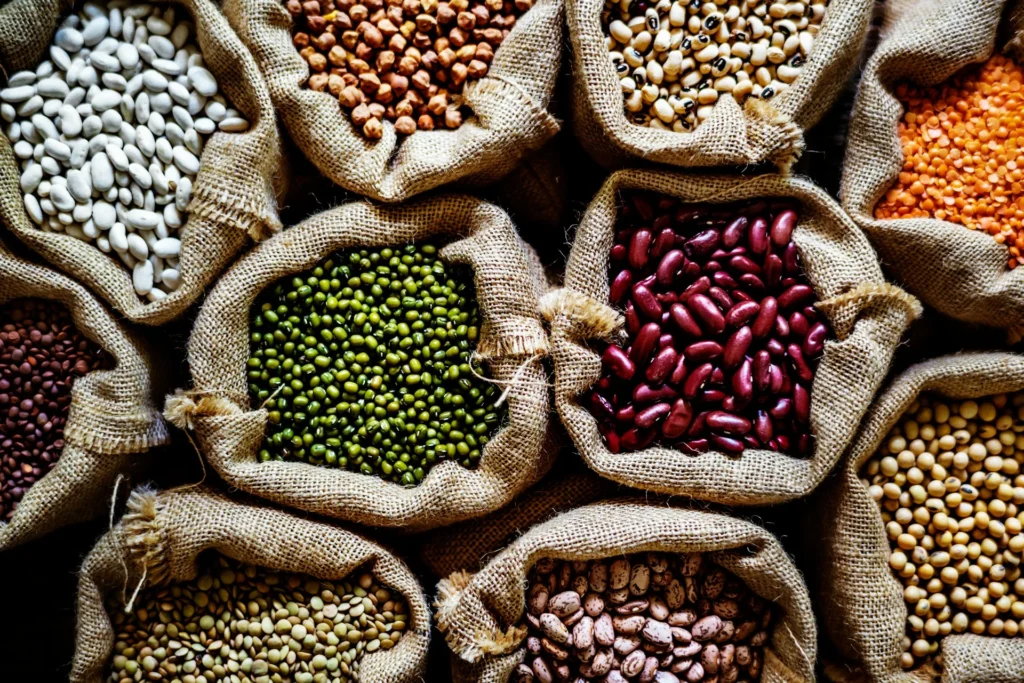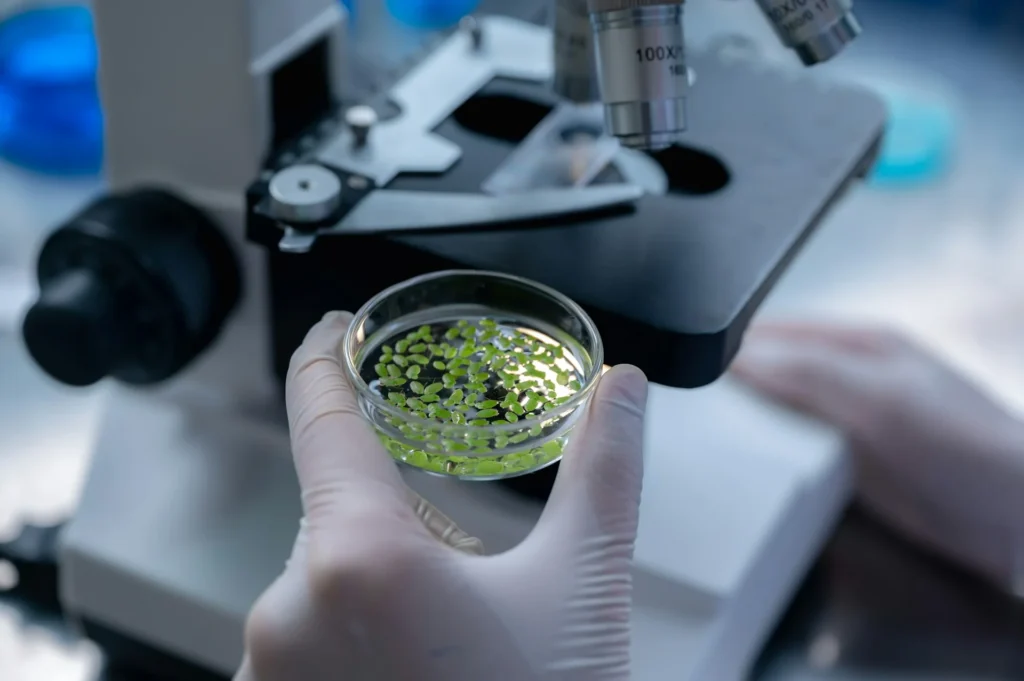This review sought to consider and comment on a recent article that I had the pleasure of working on with the first author, Dr. Luciana Baroni, and in collaboration with the University of Pisa (Nutrient Composition of Four Dietary Patterns in Italy: Results from an Online Survey “the INVITA Study” published in the journal Foods 2024 Jul 2;13(13):2103)
Although Italy is the homeland of the Mediterranean Diet, many reports regretfully show that only a very limited percentage of the Italian population manages to adhere to a dietary pattern that truly represents it.
Confirming this finding, the Mediterranean diet is associated with an extremely low risk of being able to develop overweight; in contrast, Italy has had high rates of overweight among its inhabitants for years.
Vegetarian dietary patterns (e.g., lacto-ovo-vegetarian and vegan) are increasing in Western countries and to some extent in Italy, where 9.5 percent of the population declared themselves vegetarian in 2023. Although the vegetarian diet is associated with health benefits, speculation and false myths exist about its alleged nutritional inadequacy.
What the study showed
The main purpose of this work was to assess the nutritional composition of the diet of 470 participants enrolled in an online survey (the INVITA study), who completed a weighted food questionnaire on three different days. The participants were divided into four dietary groups based on their self-reported dietary intake: 116 meat eaters (ME), 49 fish eaters (FE), 116 lacto-ovo-vegetarians (LOV) and 189 vegans (VN).
LOV and VN diets have been shown to be particularly adequate, despite some concerns related to specific nutrients such as vitamin B12, which in vegetarian and vegan diets must necessarily be supplemented (although it should be pointed out that this is a vitamin in which omnivores can also be deficient).
Compared with the ME diet, the VN diet showed a more favorable fat profile (more polyunsaturated fatty acids and less saturated fatty acids), higher fiber, folate, potassium and sodium.
In the LOV and VN diets, the average intake of most major nutrients was within the normal range expected for the Italian population, supporting the adequacy of the diets in our Italian sample.
In conclusion, the study confirms that well-planned vegetarian and vegan dietary patterns are nutritionally adequate as well as healthy.
Commentary on the scientific work
Vegetarian diets, especially the lacto-ovo-vegetarian (LOV) and vegan (VN) versions, are growing in popularity worldwide. The reasons behind this trend include ecological, ethical and health reasons. Reducing or eliminating animal products is often seen as a beneficial solution, as it contributes not only to personal well-being but also to the health of the planet.
As reported above, the INVITA study, examined the nutritional profiles of four dietary patterns followed by the Italian population: omnivore (ME), pescetarian (FE), lacto-ovo-vegetarian (LOV) and vegan (VN). Through an online survey and the compilation of weighted food diaries (defined foods x daily grams taken) for three days, they were able to state that the vegan diet (VN) showed a particularly advantageous nutritional profile compared to the omnivorous diet (ME) in that it offered:
- Higher intake of polyunsaturated fats and lower intake of saturated fats, crucial aspects of cardiovascular health.
- Higher fiber, folate, potassium, and sodium content, nutrients critical for overall well-being.
Vegetarian diets and the Mediterranean diet
One interesting aspect that emerged from the study is the role of the Mediterranean diet in shaping Italian eating habits. The Mediterranean diet, which includes generous portions of plant foods such as grains, legumes, fruits and vegetables, overlaps in many aspects with vegetarian and vegan diets. This could explain the absence of significant signs of nutritional inadequacy in Italian LOV and VN groups, as many features of the Mediterranean diet facilitate the adoption of well-balanced vegetarian diets.
Future implications
The INVITA study confirms that vegetarian and vegan diets can be nutritionally adequate if well planned, particularly in a context such as Italy, where the dietary tradition already favors plant foods. However, it is crucial to emphasize that nutrients such as vitamin B12, require attention, especially for those on vegetarian and vegan diets. Supplementation of some micronutrients (such as iron and calcium) may be necessary in some specific cases but may tend to be more necessary in the LOV diet (iron) and FE diet (calcium).
The study authors suggest that further well-designed observational studies could help strengthen these findings, with the goal of providing guidelines (in addition to the U.S. guidelines) that confirm the validity of these (more plant-based) dietary models. Such might be especially useful for those health professionals (physicians and nutritionists) who have not yet had a chance to read or fully understand the validity and completeness of a plant-based dietary model.
In conclusion, the INVITA study offers us further confirmation that plant-based diets can not only be nutritionally sustainable, but can also bring health and environmental benefits. Adopting a well-balanced plant-based diet is a winning choice for the future of human health and the planet.







